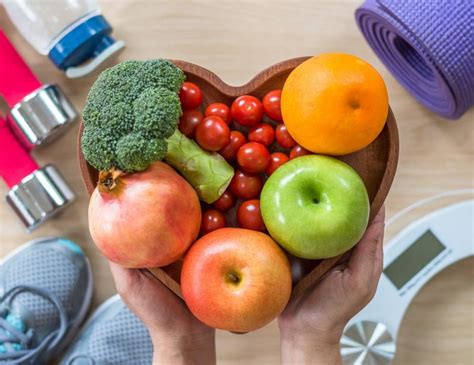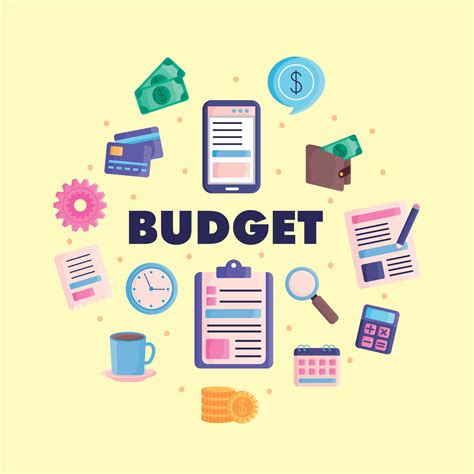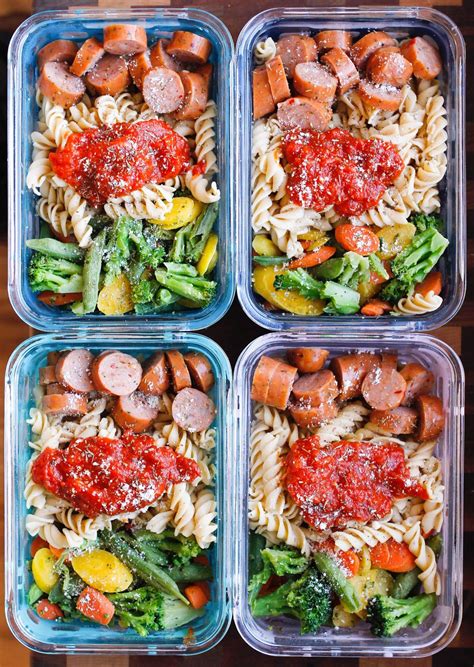Achieving your fitness goals often feels synonymous with expensive specialty foods, organic produce, and high-end supplements. However, this perception couldn’t be further from the truth. Fueling your body for optimal performance and recovery on a budget is not only possible but also a smart, sustainable way to build healthy habits. The key lies in understanding foundational nutrition and making informed, cost-effective choices at the grocery store.

The Power of Whole Foods on a Budget
The cornerstone of any effective fitness nutrition plan, regardless of budget, is whole, unprocessed foods. These items are typically more nutrient-dense and often more affordable than their highly processed counterparts. They provide the essential macronutrients (protein, carbohydrates, and fats) and micronutrients (vitamins and minerals) your body needs to perform, recover, and adapt to training.
By focusing on ingredients rather than pre-made meals or expensive “superfoods,” you gain control over your nutrition and your spending. This approach also helps you avoid hidden sugars, unhealthy fats, and excessive sodium commonly found in processed foods that can hinder your fitness progress.
Protein Powerhouses That Won’t Break the Bank
Protein is vital for muscle repair, growth, and satiety, making it a non-negotiable for fitness enthusiasts. Fortunately, many excellent protein sources are incredibly budget-friendly:
- Eggs: Versatile, complete protein, and very affordable. Great for any meal.
- Legumes (Beans & Lentils): Inexpensive, high in protein and fiber. Canned or dried, they are staples for plant-based and omnivore diets.
- Canned Fish (Tuna & Salmon): Long shelf-life, excellent source of protein and omega-3 fatty acids. Look for sales on albacore tuna or pink salmon.
- Chicken Thighs & Drumsticks: Often significantly cheaper than chicken breast, while still offering excellent protein content and more flavor.
- Cottage Cheese & Greek Yogurt: Dairy options that are high in protein and calcium. Buy larger tubs for better value.

Affordable Fuel: Complex Carbs & Healthy Fats
Carbohydrates provide the energy needed for workouts, while healthy fats are crucial for hormone production and nutrient absorption. Don’t fall for the myth that these need to be expensive:
Smart Carb Choices:
- Oats: Rolled or steel-cut oats are incredibly cheap, versatile, and packed with fiber for sustained energy.
- Brown Rice & Whole-Wheat Pasta: Buy in bulk for staple complex carbs that are satiating and energy-boosting.
- Potatoes & Sweet Potatoes: Naturally nutrient-rich, filling, and very economical.
- Bananas & Frozen Berries: Fresh bananas are always cheap. Frozen berries offer antioxidants year-round at a lower price point than fresh when out of season.
Budget-Friendly Healthy Fats:
- Peanut Butter: A classic for a reason – good fats and protein. Opt for natural versions without added sugar.
- Seeds (Chia, Flax, Sunflower): Nutrient-dense, offering healthy fats, fiber, and some protein. A small amount goes a long way.
- Olive Oil: A foundational healthy fat for cooking and dressings. Buy larger bottles when on sale.

Strategic Shopping & Meal Prep: Your Best Allies
Beyond choosing the right foods, how you shop and prepare your meals dramatically impacts your budget and consistency:
- Plan Your Meals: Before you shop, plan your meals for the week. This minimizes impulse buys and ensures you only purchase what you need.
- Shop Sales & Store Brands: Always check weekly flyers for deals and don’t shy away from generic store brands, which often offer comparable quality at a lower price.
- Buy in Bulk (Sensibly): Non-perishable items like rice, oats, pasta, and canned goods are often cheaper in larger quantities. Just ensure you’ll use them before they expire.
- Cook at Home: Eating out, even “healthy” options, is almost always more expensive than cooking from scratch.
- Batch Cook: Dedicate an hour or two on a weekend to prepare large batches of staples like cooked grains, roasted vegetables, or a protein source (e.g., a whole chicken). This saves time and ensures healthy meals are always on hand.

Conclusion: Fitness Fuel is Within Reach
You don’t need a lavish budget to achieve your fitness goals. By focusing on whole, unprocessed foods, prioritizing affordable protein, smart carbohydrate and fat sources, and adopting strategic shopping and meal preparation habits, you can fuel your body effectively and economically. Remember, consistency and smart choices are far more impactful than expensive trends when it comes to long-term health and fitness success.





